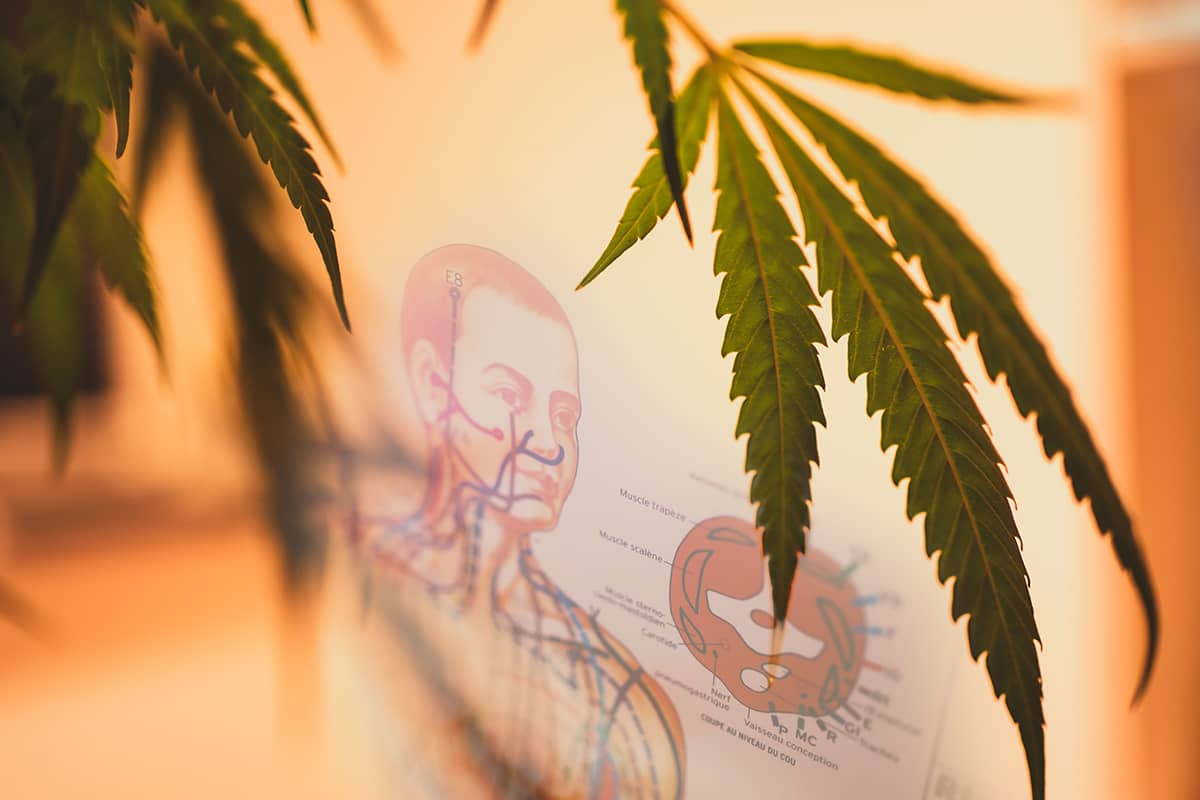THCA Hemp Flower
THCA Flower or Tetrahydrocannabinolic acid hemp flower is yet another exceptional phytocannabinoid to add to your dynamite cannabis collection. These beautiful hemp buds are grown to achieve high percentages of THCA and can be enjoyed in a myriad of ways. THCA flower is for vaping or smoking, but it does not stop there. THCA hemp flower is also excellent for preparing homemade edibles, topicals and more. Experience high THCA hemp flower today and reap the benefits of its activation!
What Is THCA Flower?
Tetrahydrocannabinolic acid or THCA is one phytocannabinoid out of over 100 compounds and counting that are found in the cannabis plant. It is considered to be the precursor of the more well-known cannabinoid THC.
When the cannabis plant grows it matures and its buds begin to grow. As the buds grow, it develops its cannabinoid and terpene profiles.
CBGA is known as the “mother” of all cannabinoids and it is the first compound to develop. The CBGA along with an enzyme known as THCA-synthase is what helps produce the THCA compound. Of course CBGA also breaks down into CBG and creates CBDA, as well. THCA, CBGA and CBDA are the acidic forms of the well-known THC, CBD and CBG compounds.
As the plant ages, through natural heat and exposure to oxygen, carboxyl groups are slowly removed transferring these compounds into CBD, THC and CBG. The amounts of the cannabinoids may still be quite low in some cases. The process of decarboxylation will then be necessary to completely activate the compounds. This will ensure proper attachment to CB1 and CB2 receptors in the brain and body, and will elicit chill effects THC is known to offer.
Is THCA Hemp Flower Illegal?
Production of American grown hemp THCA flower is legal under the 2018 Hemp Farm Bill. It is not a federally banned substance as the Agricultural Improvement Act (Farm Bill) legally authorized the removal of hemp plants and seeds from the Drug Enforcement Administration schedule of controlled substances.
Will THCA Get Me High?
THCA does not deliver any type of euphoric effects when ingested raw. The THCA compound includes a carboxyl ring and it is this ring that prevents the THCA from binding to CB1 receptors in the brain and CB2 receptors in the body.
However, when THCA is exposed to heat during vaporization, combustion while smoking or dabbing, as well as from cooking, it will convert to THC through a process known as decarboxylation. As it is converted to THC, it will then bind to CB1 receptors and induce a type of euphoria.
What Is Considered “High Level” THCA?
Many folks new to hemp are curious what the percentages mean when it comes to high THCA hemp flower. Understanding the cannabinoid levels is helpful to understand what type of experience you will be looking forward to. Dr.Ganja consistently has 3rd party laboratories test their flower buds to ensure compliance to the 2018 Farm Bill and the safety of their customers.
Dr.Ganja makes all lab result paperwork available on the page of the product it represents. When looking at the lab results the THCA content will be what you are looking for. The percentage of THCA will be the full potency potential of the buds when you smoke it, dab it, vaporize or cook it. THCA requires decarboxylation, which is activation by heat, to convert its structure that will be received by CB1 or CB2 receptors.
Low to high levels of THCA flower are as follows:
| Rating Category | THCA Percentages |
| Low | 0-5% |
| Medium | 5-10% |
| High | 10-15% |
| Very High | 15-20% |
| Extremely High | > 20% |
What Are The Benefits Of THCA?
Many of the benefits of THCA are yet to be conclusively determined. There are more studies being conducted than ever before and THCA has shown its legitimacy as a beneficial and useful cannabinoid.
Like many other cannabinoids, THCA has shown high levels of anti-inflammatory properties, as well as a treatment for seizure prevention and anti-nausea.
Some recent studies have found THCA to have anti-neurodegenerative properties and may be quite useful for treatment of Parkinson’s diseases and more.
What Is The Difference Between THCA and THC?
A precursor is something that precedes another. The originator or parent, if you will. THCA is a precursor to THC. THCA is one of three major cannabinoids in acidic form that eventually transforms into THC through time, and exposure to heat and oxygen. This is how CBG, CBD and THC develop from their acidic forms.
Will THCA Show Up On A Drug Test?
It is common for most drug tests to analyze chemical substances or analytes. Cannabis compounds always have the potential to elicit positive results during a drug test. If you plan on being tested or are tested regularly, you should avoid THCA.




